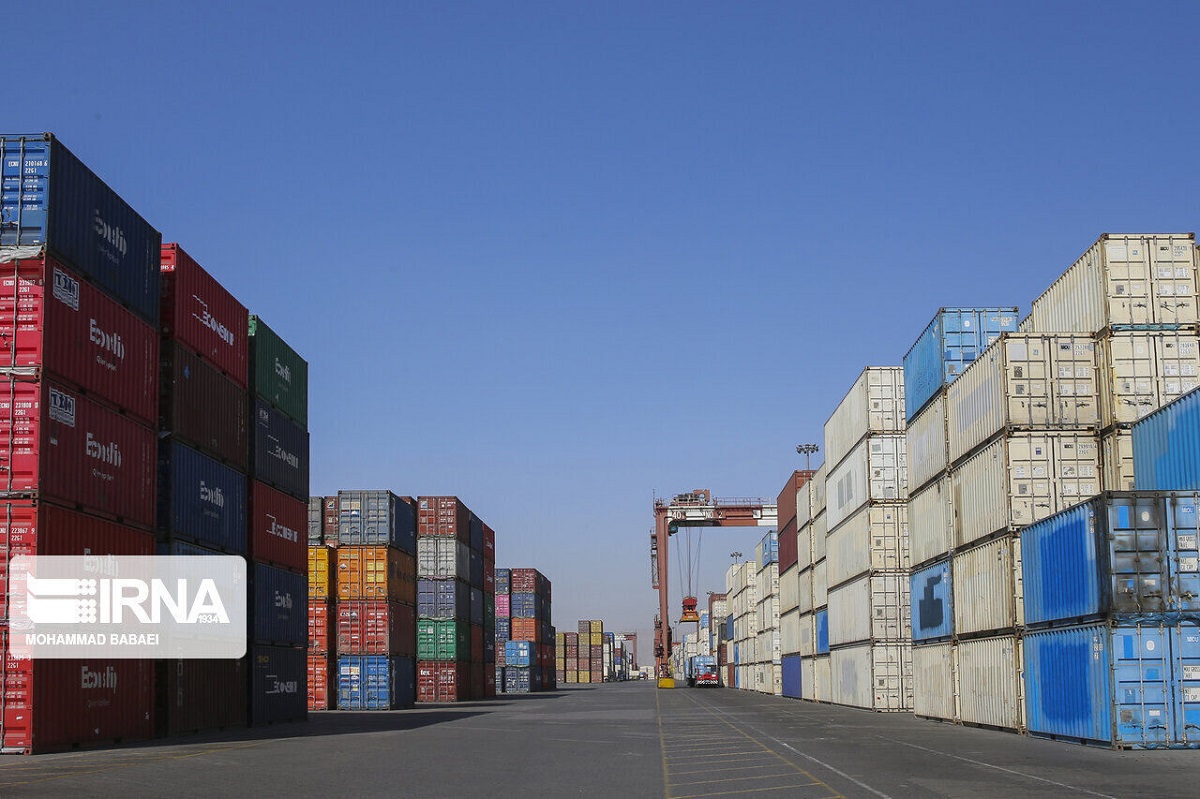Iran foresees a leap in its foreign trade this year without worrying about the effects of the US sanctions which have been a drag on the country’s economy for years.
All projects drawn up last year have been designed in such a way that the fate of the Vienna talks to revive a 2015 international nuclear deal with Iran would have no bearing on their implementation, Deputy Minister of Industry, Mining and Trade Medhi Niazi said.
“None of the plans defined in the Ministry of Industry, Mining and Trade since last year are dependent on the JCPOA (Joint Comprehensive Plan of Action) and political agreements,” he stated, referring to the Joint Comprehensive Plan of Action which is on life support since the US abandoned it in 2018.
For example, intermediate and basic commodities pegged to the dollar are no longer tied to the greenback, Niazi added.
“Moreover, the dependence of metal commodities on the dollar has been eliminated in the stock market. We are also solving the problem in the petrochemical field with the help of the Ministry of Petroleum,” he continued.
Intermediate goods are products such as steel that are used to make finished products.
Leader of the Islamic Revolution Ayatollah Seyyed Ali Khamenei has repeatedly made it clear that Iran’s economy should not be tied to efforts to remove US sanctions.
Iran and the remaining signatories of the JCPOA engaged in talks for months in Vienna to revive the nuclear deal, but the negotiations have been followed by silence since March amid Washington showing an unhealthy interest to keep the core elements of the sanctions on Tehran intact.
Unlike the former administration which saw its legacy tethered to the nuclear accord they negotiated for more than two years with President Barack Obama, President Ebrahim Raisi is an ardent advocate of “resistance economy”, a concept characterizing the Iranian response to Western sanctions policies. He has also said his government’s priority is improving ties with Iran’s neighbors.
Niazi said trade relations with the regional countries have been facilitated, resulting in a surge of exchanges to $100 billion.
“The trade volume of more than $100 billion amid the embargo is a big event that will increase by 20 to 30 percent this year,” he noted.
“This means we have finally been able to get a grip on the areas at which the enemies wanted to harm us,” Niazi added.
